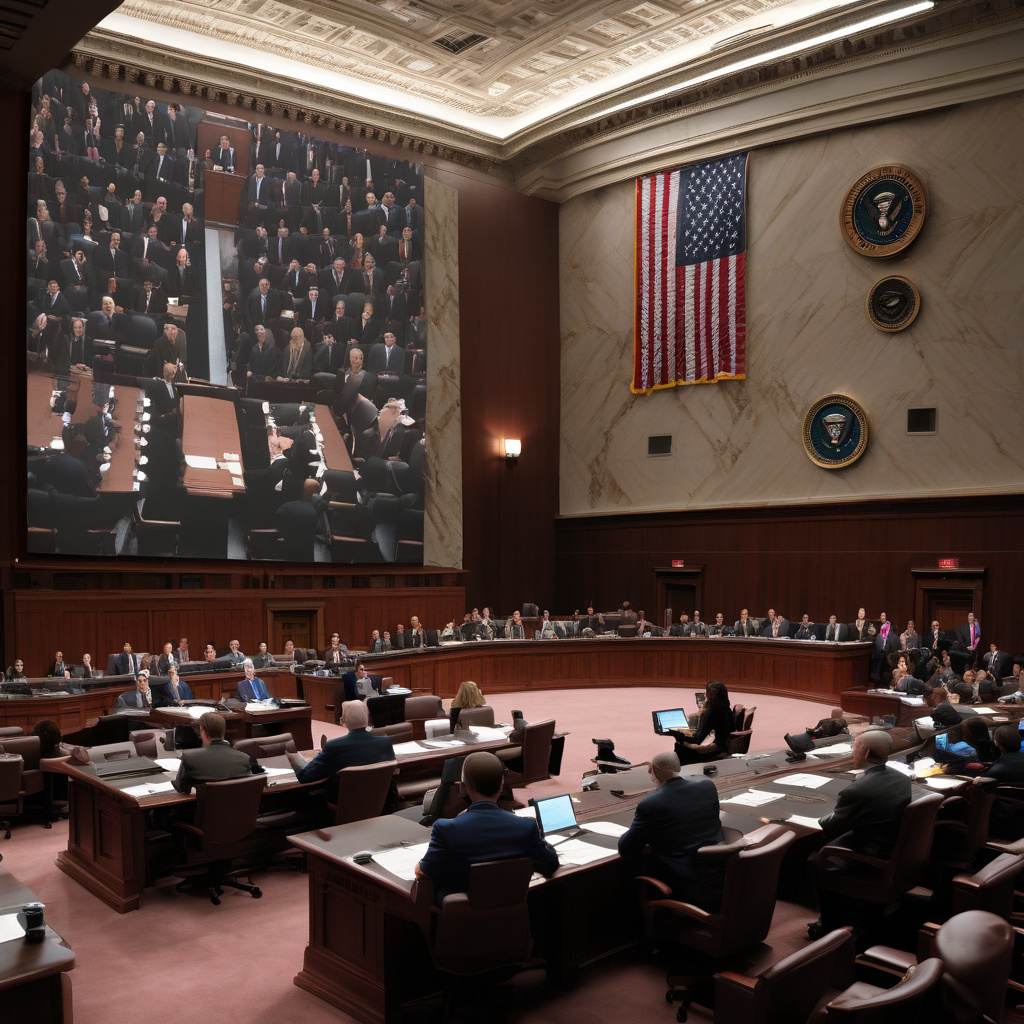Title: Unveiling Secrecy: Senator Wyden Exposes Lack of Transparency in Surveillance Requests
In a recent revelation, Senator Ron Wyden brought to light a concerning lack of transparency in surveillance practices within the telecommunications industry. Wyden disclosed that one U.S. phone carrier had handed over Senate data to law enforcement agencies without notifying the individuals targeted. This disclosure raises significant questions about privacy, data protection, and the accountability of major telecom companies such as AT&T, T-Mobile, and Verizon.
Senator Wyden’s letter underscores a crucial issue: the apparent disregard for notifying individuals about surveillance requests that directly impact their privacy and personal data. This lack of transparency not only undermines trust but also highlights the need for greater oversight and accountability in how sensitive information is handled by telecommunications giants.
The implications of such actions extend far beyond individual cases. They strike at the heart of fundamental rights to privacy and due process. As IT and technology professionals, we understand the critical importance of safeguarding data and ensuring that privacy rights are upheld, especially in an age where digital information is increasingly vulnerable to exploitation.
The failure of companies like AT&T, T-Mobile, and Verizon to notify individuals of surveillance requests not only violates ethical standards but also raises concerns about the broader implications for data protection laws and civil liberties. It is essential for these companies to operate with transparency and accountability, keeping users informed about how their data is being accessed and utilized.
This recent revelation serves as a stark reminder of the ongoing challenges in balancing national security needs with individual rights to privacy. As technology continues to advance, so too must our efforts to ensure that legal and ethical standards keep pace with these developments. Transparency and accountability are not optional; they are foundational principles that underpin a trustworthy and secure digital ecosystem.
In light of Senator Wyden’s disclosure, it is incumbent upon telecommunications companies to review their policies and practices regarding data sharing with law enforcement agencies. Clear guidelines, robust safeguards, and proactive measures to inform individuals about surveillance requests are essential steps towards rebuilding trust and upholding the principles of privacy and data protection.
As professionals in the IT and development fields, we play a pivotal role in shaping the future of technology and advocating for ethical practices that prioritize user privacy and security. By staying informed, engaging in discussions on data protection, and holding companies accountable for their actions, we can contribute to a more transparent and responsible digital environment.
In conclusion, Senator Wyden’s revelations regarding the lack of notification by major phone carriers of surveillance requests underscore the pressing need for greater transparency and accountability in data handling practices. As champions of privacy and data protection, we must remain vigilant in advocating for policies that uphold the rights and dignity of individuals in an increasingly interconnected world. Let us work together towards a future where privacy is respected, data is safeguarded, and accountability is not just a buzzword but a cornerstone of our digital society.

